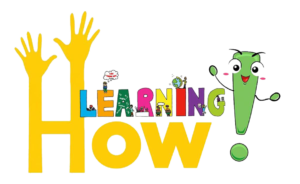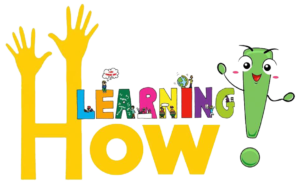The Importance of Play-Based Learning for Early Childhood Education
The Importance of Play-Based Learning for Early Childhood Education

Play-Based Learning for Early Childhood Education
Let’s start with a story:
Do you remember your favorite childhood toy or game? Maybe it was a doll or action figure, a puzzle or board game, or even just a ball to toss around. Whatever it was, chances are you spent countless hours playing with it. But did you know that all that playtime was helping your development in more ways than one?
Play is not just a fun pastime for children, it’s a crucial part of their development. It helps them learn and grow in a variety of ways, from improving their cognitive skills to enhancing their physical abilities. That’s why play-based learning has become such an important approach to early childhood education.
But what exactly is play-based learning? It’s an approach that emphasizes the importance of play in children’s learning and development. It recognizes that play is not just a break from learning, but an integral part of it. Through play-based activities, children can learn and develop in a way that’s both fun and effective.
Benefits of Play-Based Learning
1. Cognitive Development: Play-based learning helps develop critical thinking and problem-solving skills. Children learn to think creatively and use their imagination to come up with solutions to challenges. Plus, it can improve their memory and concentration, setting them up for success in school and beyond.
2. Language Development: Play-based learning provides opportunities for children to practice and develop language skills such as speaking, listening, and vocabulary. By interacting with their peers and adults in play-based activities, they learn to communicate effectively and express themselves.
3. Social and Emotional Development: Play-based learning is also great for social and emotional development. Children learn to work cooperatively, share, and take turns through play-based interactions. They also develop empathy and learn to regulate their emotions, which are essential life skills.
4. Physical Development: Finally, play-based learning can help develop gross and fine motor skills. Children can improve their physical coordination, balance, and spatial awareness through activities like running, jumping, and climbing.
Now that we know the benefits of play-based learning, how can we implement it effectively? Here are some tips:
1. Create a Safe and Stimulating Environment: Provide a variety of materials and equipment for children to explore, and ensure that the environment is safe and age-appropriate. Children are more likely to engage in play-based activities if they feel comfortable and secure in their surroundings.
2. Encourage Exploration and Creativity: Allow children to explore and experiment with materials in their environment. Provide open-ended materials that allow for creativity and imagination, such as blocks, play dough, or dress-up clothes.
3. Support Active Play: Encourage children to engage in physical activities that promote physical development. This could include activities like dancing, playing catch, or going on nature walks.
4. Incorporate Play into Curriculum: Play-based learning can be incorporated into various subjects such as math, science, and literacy. For example, counting and sorting objects during a game of “store” can reinforce math skills, while exploring different textures and materials during sensory play can enhance science learning.
Get ready to have some fun, because play-based learning is an absolute must in early childhood education! Not only does it help kiddos develop their cognitive and language skills, but it also encourages social and emotional growth and physical development. By providing a safe and exciting environment, promoting creativity and exploration, embracing active play, and integrating playful activities into the lesson plans, we can give children the foundation they need to thrive in all areas of life. So, let’s get ready to play our way to success!








Leave a Reply
Want to join the discussion?Feel free to contribute!